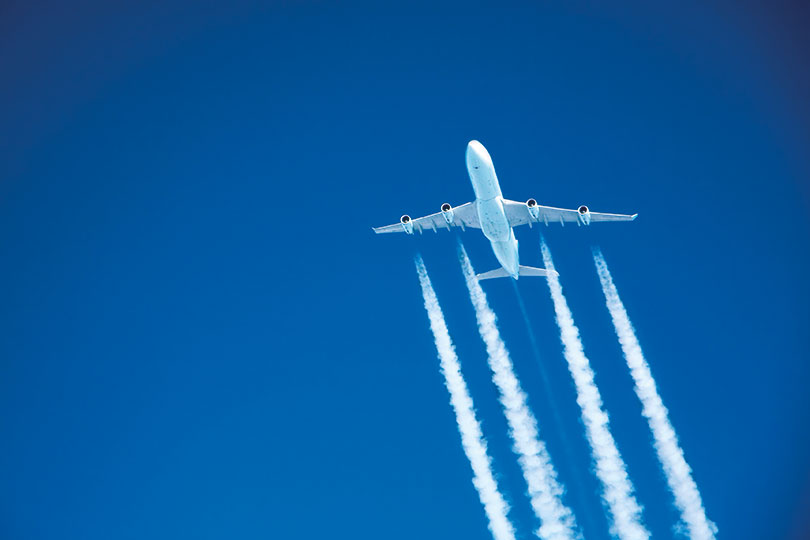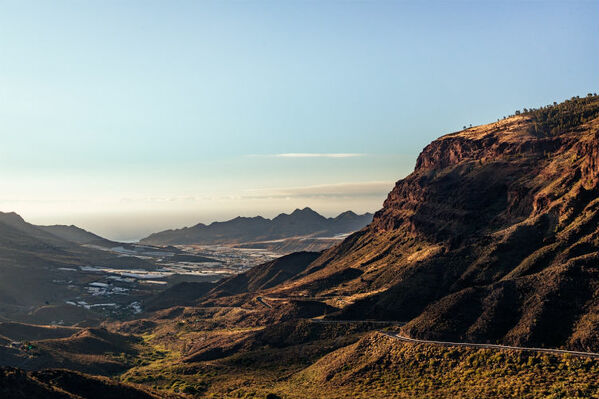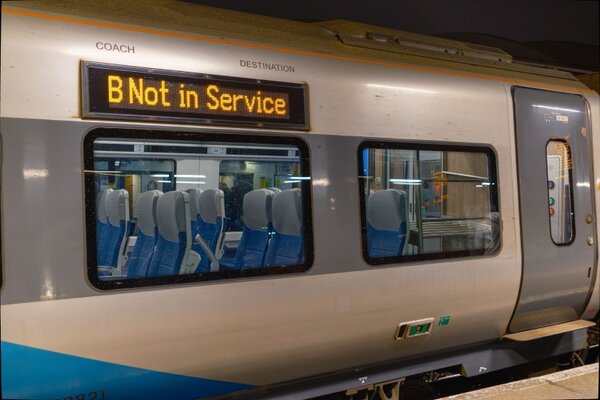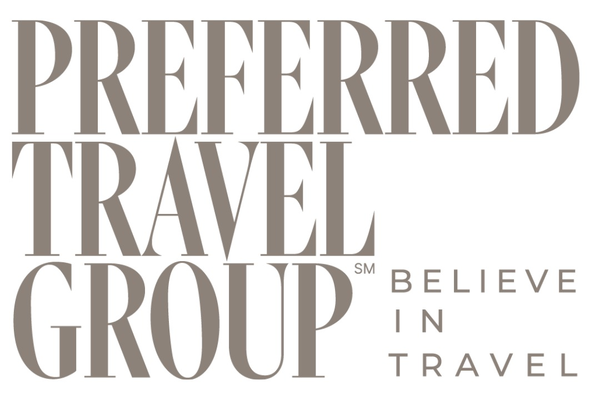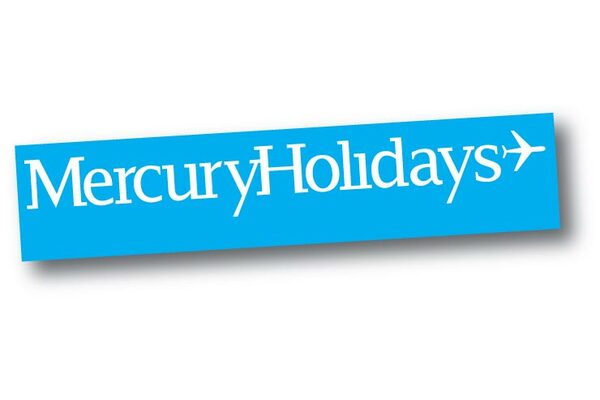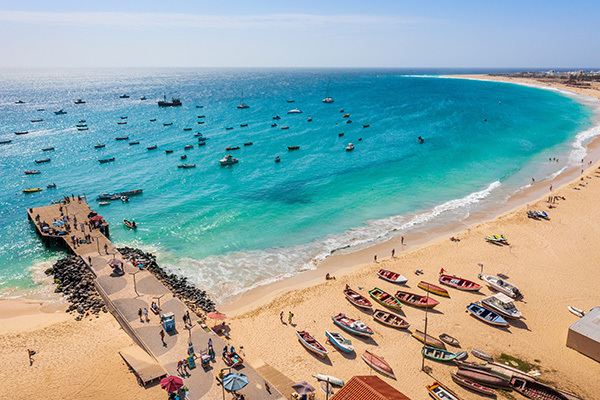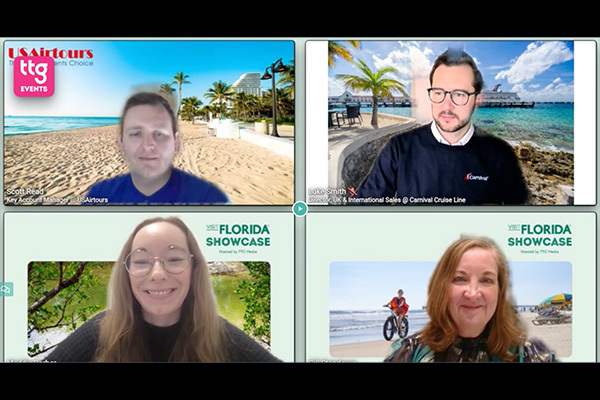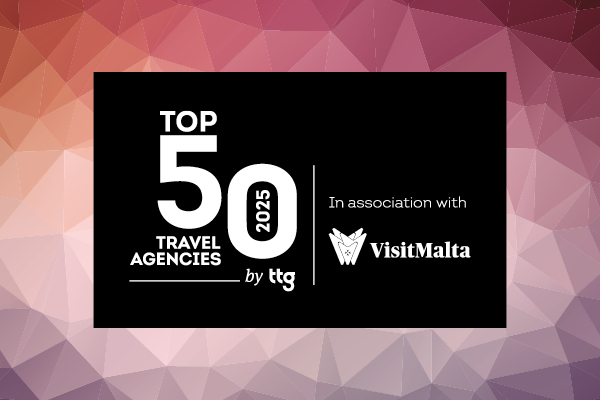‘Like it or not, you're going to get more questions about eco-friendly travel’
 Gary Noakes
Gary NoakesA couple of years ago, the Second World War slogan “Keep calm and carry on” appeared on just about every piece of tat you could buy.
We all got bored of it, but as we enter the new decade, another wartime slogan: “Is your journey really necessary?” may be ringing in our ears. The phrase was used to deter civilians from travelling by train, allowing troops and supplies to be prioritised.
Seventy-five years on, it’s a question some consumers are beginning to ask as the era of flight shaming begins.
Travel is not quite facing an existential crisis, but it now has to prove itself like never before. Already, some clients are rethinking their travel plans on environmental grounds and, in the opposite of the wartime campaign to get people off trains, Sunvil Holidays is one company offering rail travel options instead of flights this summer.
Environmental campaigner Greta Thunberg may not have impressed many suits in the room at the recent Davos summit, but her arguments are influencing the planet’s youth. The effect has already been seen in her home country, where Swedavia’s 10 Swedish airports saw passenger numbers fall 4% in 2019, with the main decrease being in domestic flights.
There are signs the debate is also changing here, as the recent kerfuffle over the rescue of Flybe showed.
Perhaps even last year, jobs and regional connectivity would have been the main topics discussed in the media when a bailout was being considered.
This time, the debate included the awkward conversation of why an airline that largely competes against the train network in the UK and which couldn’t pay its air passenger duty should be rescued when it pumps out all those emissions.
Ryanair is one travel brand trying to head the environmental lobby off at the pass. Its new TV ad – now banned by the Advertising Standards Authority in its current form – stressed how its packed aircraft emit fewer emissions per passenger kilometre than those of Europe’s other major airlines. It also has a carbon offset programme, but a quick Google search will tell you the carrier was last year, according to European Commission figures, Europe’s 10th largest carbon emitter – the other nine were coal-fired power plants.
It’s wrong to single out Ryanair, but the point is that with increased scrutiny, “greenwash” probably won’t wash with some consumers, and many will choose to fly less or avoid some cruise lines or destinations altogether.
What’s the answer for the industry? Well, offsetting is one, but there’s only so many offset projects available.
Someone once observed to me: it’s like donating to the RSPCA so you can carry on kicking your dog. That doesn’t mean airlines, operators and cruise companies shouldn’t offer it; it’s an interim solution and one that allows every traveller or holidaymaker to assuage some of their guilt.
The questions about how and if we should travel will only increase this decade, so anyone selling it in whatever form should be prepared to answer them and maybe offer some feel-good options. It might mean carbon offsetting or pointing out a sustainability scheme in the destination, but make no mistake; it’s what more of your clients will want to hear.
Sign up for weekday travel news and analysis straight to your inbox

Gary Noakes
Supplier Directory
Find contacts for 260+ travel suppliers. Type name, company or destination.
